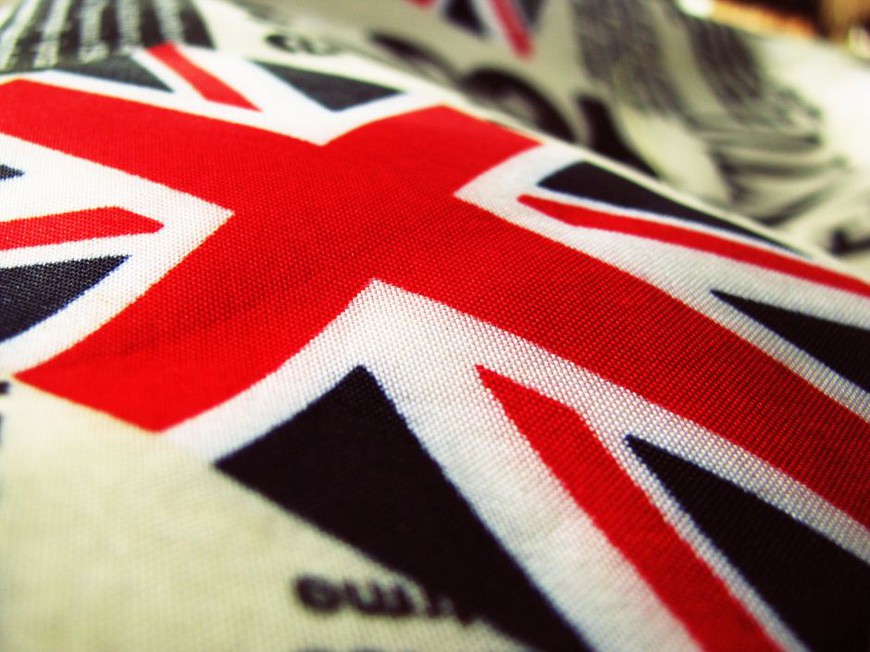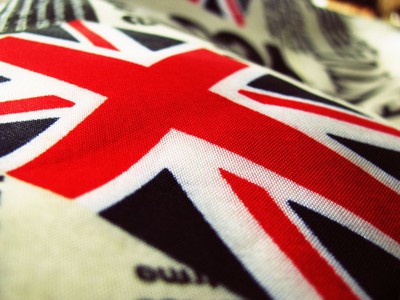

- The UK Chancellor of the Exchequer has announced that the Gaming Duty point of consumption (POC) tax will be introduced from December 1, 2014.
- The details of the UK budget, published after the speech, indicate that the Treasury is resisting pressure to reduce the initial rate from the planned 15%.
- The experience of similar taxes in Denmark and Belgium suggests that players will not be heavily affected, but a report by KPMG challenges that perception.
The UK Chancellor of the Exchequer George Osborne has announced that the Gaming Duty point of consumption (POC) tax will be introduced from December 1, 2014.
The speech he made to Parliament simply referred to its introduction, but the details of the UK budget published after the speech indicate that the Treasury is resisting pressure to reduce the initial rate from the planned 15%.
The figures appear under the heading “Other HMRC taxes” on page 108 of the report. A note explains that this line item “Consists of landfill tax, aggregates levy, betting and gaming duties and customs duties and levies.”
The POC accompanies the UK Gambling (Licensing and Advertising) bill, which cleared its final stage in the House of Lords yesterday. The two are inextricably linked: The POC will apply to those companies licensed to provide services to UK customers, hence the combined new regime will also be implemented on December 1.
From December 1, all operators accepting wagers, including online poker bets, from UK customers will need to be licensed by the UKGC, and will be subject to a 15% tax on all gross profits made from these wagers.
Though the industry has complained that the levy will strangle the industry, it is below the tax rates of other regulations recently introduced in Europe, including Denmark and Spain.
The experience from Belgium, which has a similar tax rate, suggests that players will not be heavily affected: The player pool will be dot-com shared and the rake will by necessity remain the same; operators may reduce VIP player benefits slightly to UK players to partially absorb the costs of the new tax.
A contrary view was expressed in a report by KPMG, which stated that “due to the high price sensitivity of many online gambling customers,” a 15% tax rate would encourage players to switch to “duty-avoiding offshore competitors.”
UK Politicians who have opposed the new gambling act have shared that view, suggesting that any differential pricing that results will incentivize players to use non-UK licensed sites.

